Sitting Still Like a Frog: Mindfulness Exercises for Kids (and Their Parents)
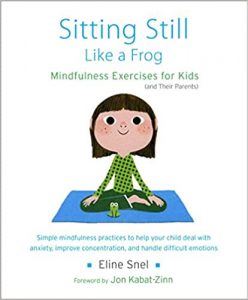 Sitting Still Like a Frog: Mindfulness Exercises for Kids (and Their Parents) by therapist and certified MBSR trainer Elin Snel is a book with simple mindfulness practices to help your child (ages 5-12) deal with anxiety, improve concentration, and handle difficult emotions. Read more ›
Sitting Still Like a Frog: Mindfulness Exercises for Kids (and Their Parents) by therapist and certified MBSR trainer Elin Snel is a book with simple mindfulness practices to help your child (ages 5-12) deal with anxiety, improve concentration, and handle difficult emotions. Read more ›
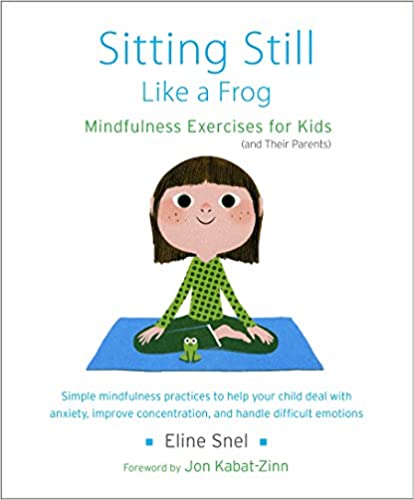
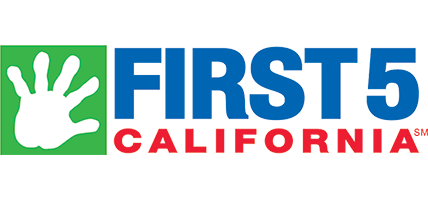
 First 5 California
First 5 California
 Being social and making friends isn’t always easy. Relationships have many subtleties. But people with autism spectrum disorder, or ASD, struggle more than most. For them, communicating with others can be very difficult.
Being social and making friends isn’t always easy. Relationships have many subtleties. But people with autism spectrum disorder, or ASD, struggle more than most. For them, communicating with others can be very difficult. 
 Music classes can serve as a way to help students develop social-emotional learning skills, and activities that build these tools can be introduced into classrooms as early as preschool,
Music classes can serve as a way to help students develop social-emotional learning skills, and activities that build these tools can be introduced into classrooms as early as preschool, 
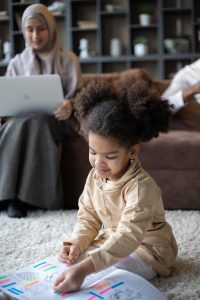 At its heart,
At its heart, 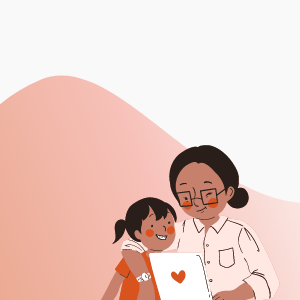
 What is cultural humility and why does it matter? As parents, we are our children’s first teachers. It is from us that our kids learn how to be accepting and respectful of those from diverse backgrounds.
What is cultural humility and why does it matter? As parents, we are our children’s first teachers. It is from us that our kids learn how to be accepting and respectful of those from diverse backgrounds.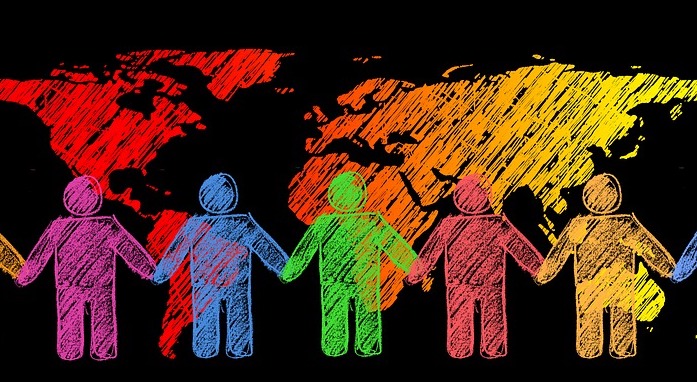
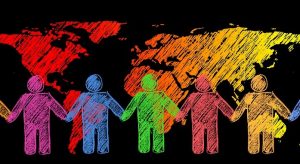 Many minority households routinely have open discussions about racial issues and how they impact their daily lives. White families, on the other hand, sometimes are uncomfortable with such discussions even amid news coverage related to systemic racism and the Black Lives Matter movement. Johns Hopkins All Children’s pediatric
Many minority households routinely have open discussions about racial issues and how they impact their daily lives. White families, on the other hand, sometimes are uncomfortable with such discussions even amid news coverage related to systemic racism and the Black Lives Matter movement. Johns Hopkins All Children’s pediatric 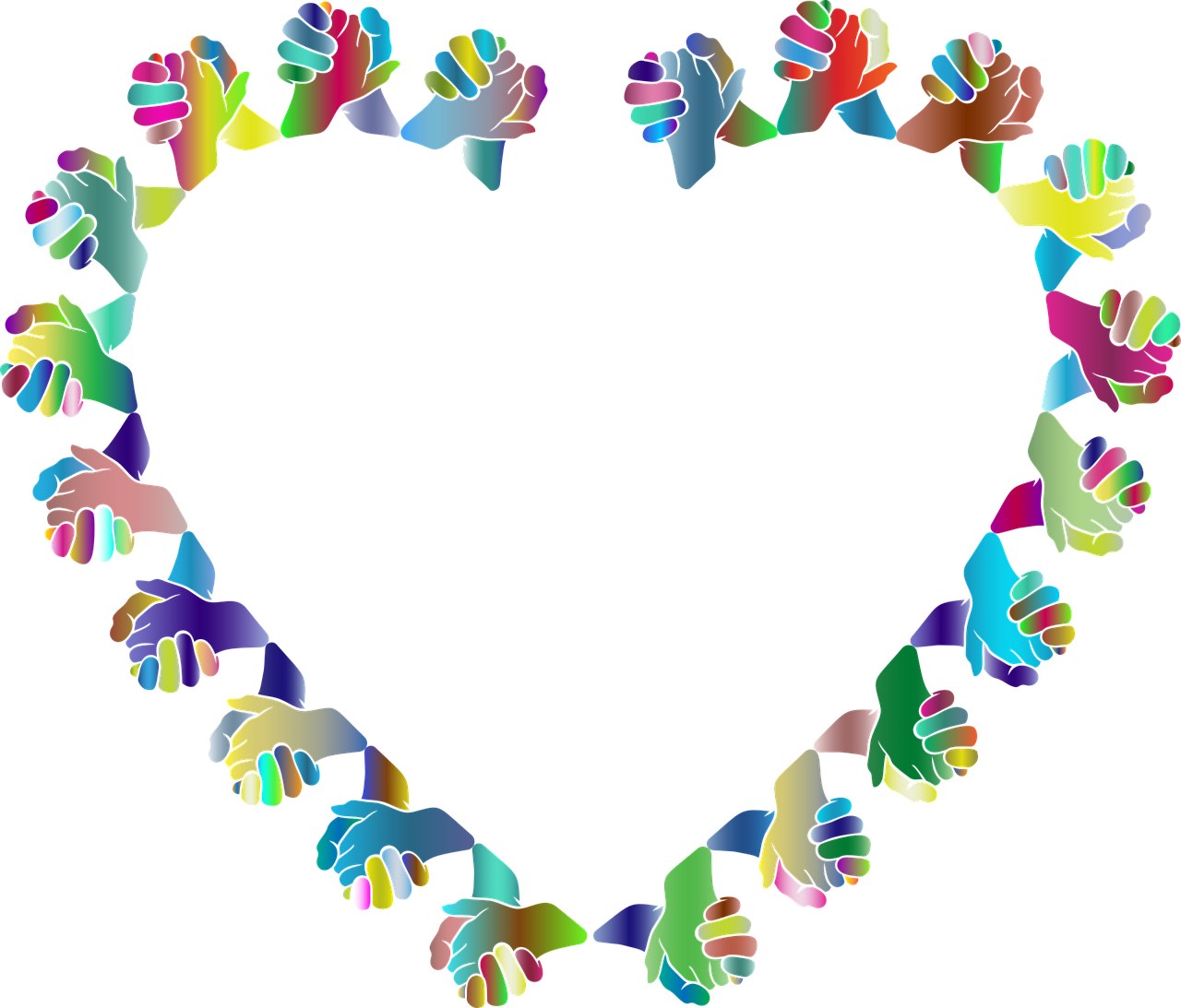
 Humility is not necessarily about modesty or pretending to be less than you are. In fact, people who are humble often have a high sense of self-worth; it’s just that they can recognize their own strengths and limitations. Research about humility also suggests a strong connection between being humble and being generous.
Humility is not necessarily about modesty or pretending to be less than you are. In fact, people who are humble often have a high sense of self-worth; it’s just that they can recognize their own strengths and limitations. Research about humility also suggests a strong connection between being humble and being generous.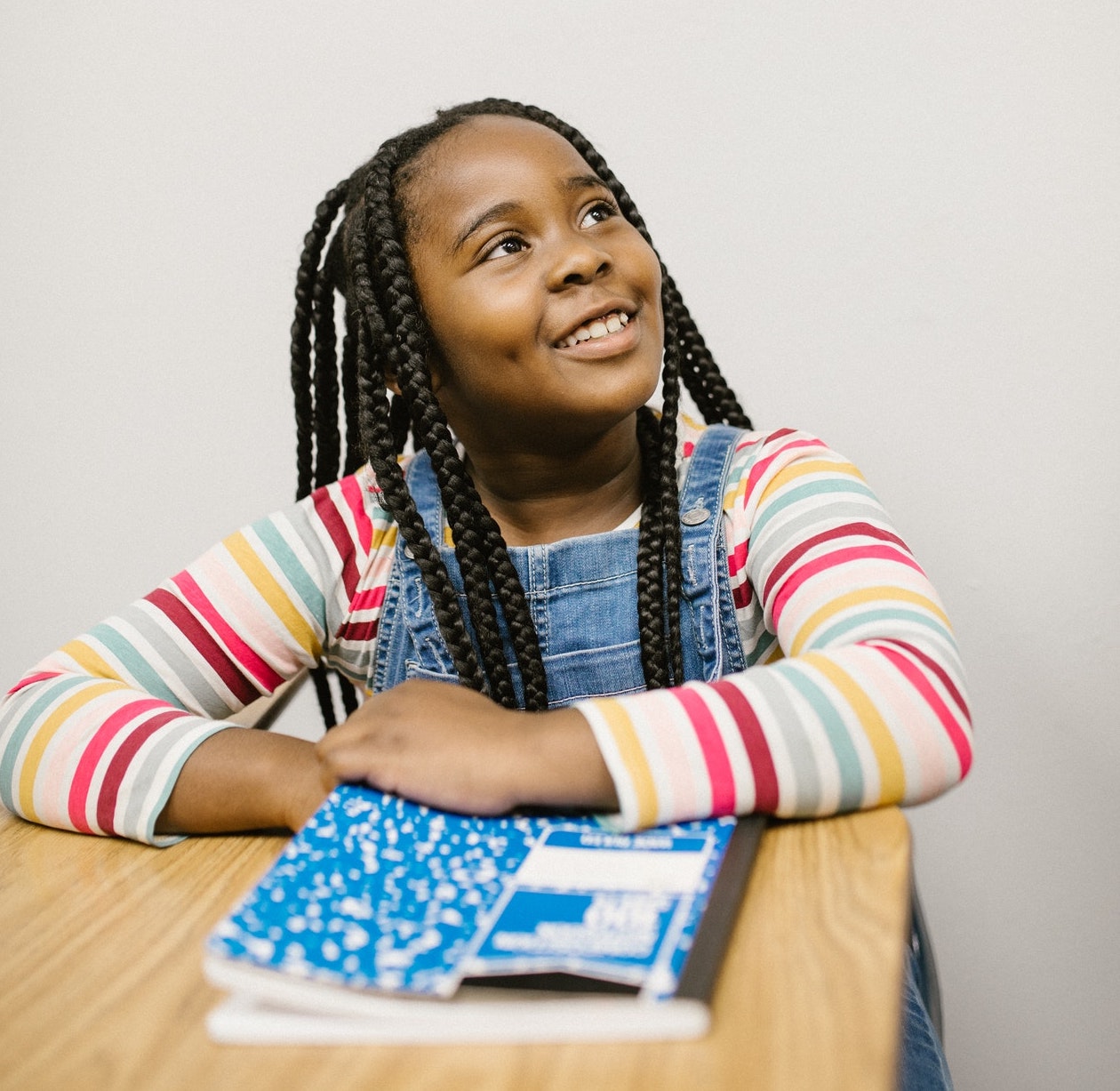
 Regardless of your teaching and learning situation (fully online, hybrid, or in person), we know that the intentional and explicit weaving of SEL into the fabric of our everyday learning and life is critical.
Regardless of your teaching and learning situation (fully online, hybrid, or in person), we know that the intentional and explicit weaving of SEL into the fabric of our everyday learning and life is critical. 
 Mindful awareness can be defined as paying attention to present moment experiences with openness, curiosity, and a willingness to be with what is. It is an excellent antidote to the stresses of modern times.
Mindful awareness can be defined as paying attention to present moment experiences with openness, curiosity, and a willingness to be with what is. It is an excellent antidote to the stresses of modern times. 

